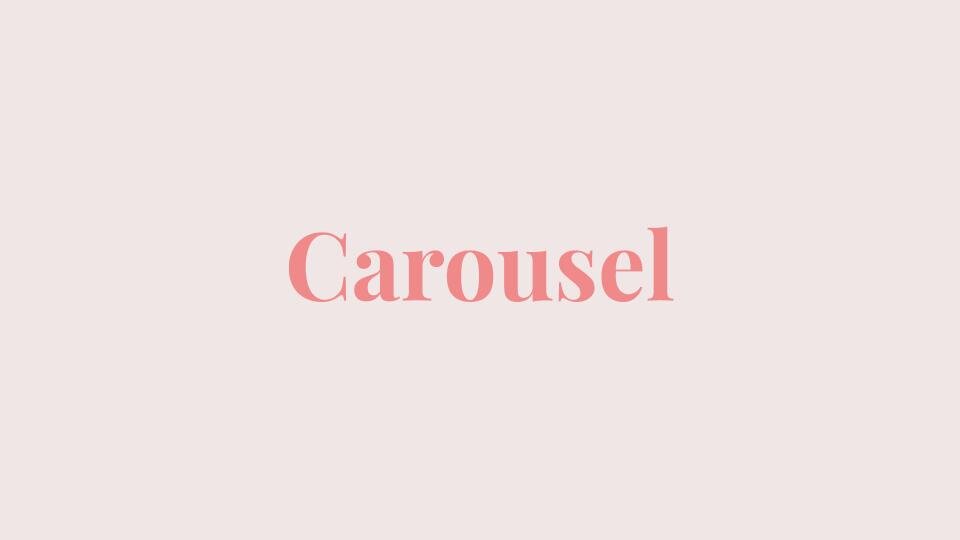4. What's the Harm of a Thought?
Bringing Dark Thoughts to the Light
In elevating the importance of our thoughts, the Stoics encouraged
me to take a closer look at their content. I don’t know about you,
but I had a tendency to pretend I wasn’t suffering before I experienced cancer.
Or maybe I had a high tolerance for suffering? I experienced fearful
thoughts for sure, but I carried on anyway.
Thoughts don’t matter do they?
If they aren’t interfering with day-to-day living.
And I’m not using them against anyone.
What is the harm of a fearful thought?
Bouyed by the Stoics, I chose to do things differently. I identified my fears and the beliefs behind them.
This can be an illuminating practice.
It became clear that a large part of my suffering came from thoughts of self-blame and self-worth.
At the Guillotine of Self-Blame
It’s easy when we experience a cancer diagnosis to wonder what we could have or should have done differently.
“But I eat healthily,” “I exercise every day,” “I don’t drink,” we may complain. And once we are done identifying
the reasons we didn’t deserve this, it’s quite typical to look at the other side of the coin and wonder what we could have done to prevent it.
Is it because I didn’t exercise or smoked? or eat meat? or took the easy option in that yoga pose last week or….
you can fill in your own blank. This argument is unhelpful.
The best answer is that we do not know what causes cancer. The scientific community also lead us away from blame. When I asked an Oncologist why he thought I had ovarian cancer, he talked about bad luck and a genetic event waiting to happen. From his perspective, I was just in the wrong place (this body) at the wrong time. If you are experiencing self-blame, know you are exonerated by the medical establishment. This is helpful.
And the kindest thing to do, is embrace it for now.
Stoic Philosophy sides with the doctors too. ‘It is not what happens to you, but how you respond that matters,’ says Epictetus.
I love this phrase. It allows us to draw a neat line under proceedings so far and look to the future anew. What has happened doesn’t matter. What matters is our response.
Well Meaning Friends
You may find that everyone has a view on illness. There is a lot of fear about life-compromising
conditions. This fear drives our beliefs. We like to think we are
protected because of our lifestyle choices, our fitness, our spiritualism, our attitude. Or because we look
so dang healthy. Didn’t you? As any Stoic would, try to find a peaceful way to handle advice. It helps when I remember
people are just trying to be helpful and like me, are driven at times by fear.
A Better Approach?
I had some well meaning friends who brought around books on the link between body and mind. I too had followed this principle during my life before cancer, however, this concept was way too jarring when I was first diagnosed. It wasn’t possible for me to believe in the power of my mind without blaming myself. Being gentle with myself has been important to my emotional recovery.
Maybe it’s not so important to you.
What is important is that you do whatever feels right to you.
If you need to reject something, reject it, including Stoicism.
Thank you to my incredibly sensitive friends who shared resources
but didn’t push their points of view. I so appreciated this approach.
The mental health journey for me was very personal. A lot of it was about empowerment.
Which meant doing things my way. I was happy to be led but I needed the freedom to choose what or whom to follow.
Building Confidence
My friends taught me a valuable lesson. If you want to support
someone - leave your own agenda at the door.
Be a cheerleader.
I will carry what they taught me through the rest of my life. It’s something
I grapple with as I write. It’s clear to me there is a need to make our own
mental health choices. Especially when we experience trauma.
When I experienced a serious cancer diagnosis, I felt hopeless
and isolated. I found my way back to connection and peace
by prioritising peace of mind over survival. I have down moments of course.
These dark thoughts are easier to accept when I see them as an opportunity for emotional healing.
I want to share the techniques that help me, not to instruct, but to share a few tools to help you get honest about your emotions.
And to let you know there are practices out there to help you move past despair, if that is what you seek.
What Next?
Is your internal dialogue supportive or combative?
Do your thoughts bring you peace of mind?
Can you identify any fearful thoughts?
Do your own research on Stoicism with this Resources Article








What Is Stoicism? How Can It Help Me?